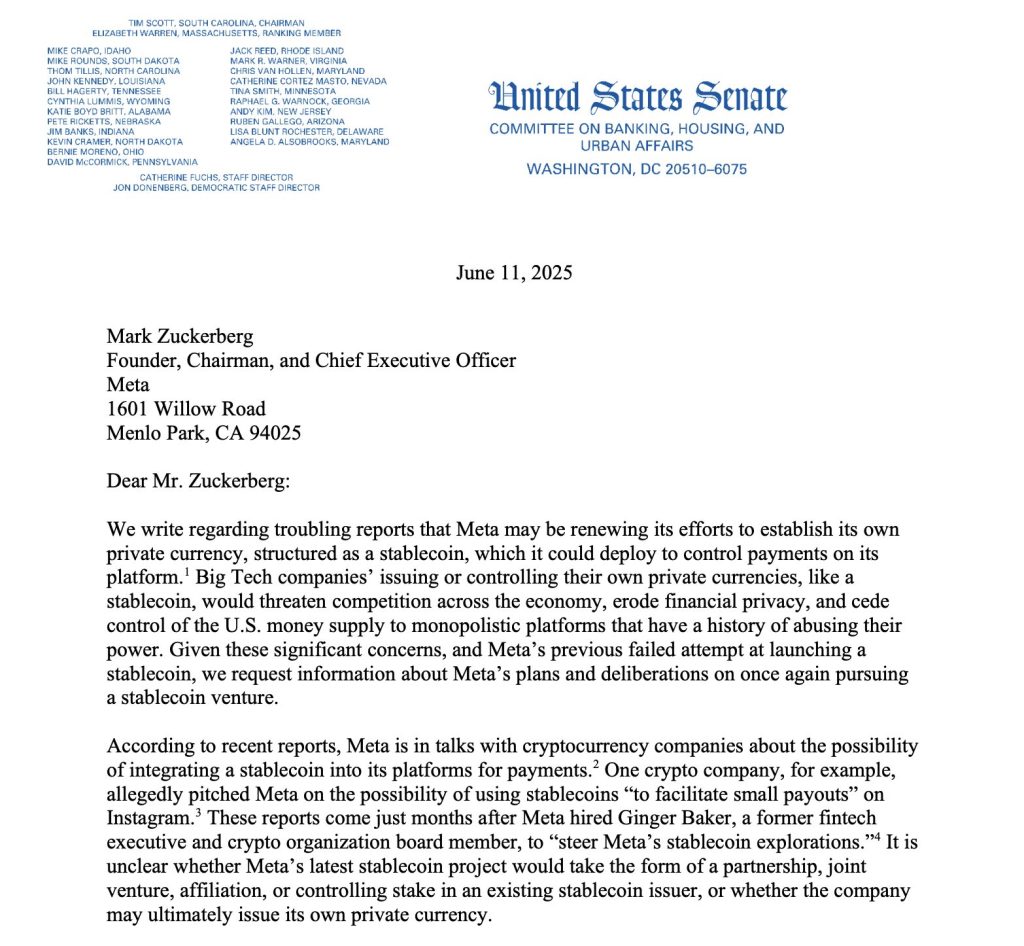In the ongoing war for talent, employers today need to be more focused than ever on boosting employee engagement—and that’s where personalization, particularly through leveraging technology, can come in. Simply, personalization allows leaders to transform raw workforce data into tailored communications, messaging and experiences that better meet the needs of individual employees.
Most of all, it’s critical because today’s employees are demanding more from their employers.
HRE asked Chris Havrilla, vice president, product strategy/talent at global software company Oracle, about the increasing value of personalization for both employers and their workforces.
HRE: Why is personalization needed even more today, particularly when it comes to engaging next-gen workers?
Havrilla: Work and how work is done has changed dramatically, and most employee expectations and demands have forever shifted, especially among Gen Z and millennials, who are slightly more likely than their senior co-workers to be ambivalent about their workplace, with 54% saying they’re not engaged.
Personalization is table stakes for meeting and potentially exceeding these workforce expectations. The key to personalization is not only making it easy for workers (and their managers) to understand and articulate their current skills and proficiencies—but also to discover skill gaps and understand what new skills, experiences, connections and other learning opportunities are available to help employees be successful in their current role while continuously growing and thriving in their career.
For this reason, [personalization is] important in helping employers use their always-evolving people and organizational data to connect what the company and its employees need to be successful. By bringing relevant, hyper-personalized and dynamic insights and actions to workers in one place, employees have, in a way, a personal coach leading and cheering them on.
HRE: What does it take from an HR tech perspective to deliver that desired personalization?
Havrilla: It takes a full suite of HR and talent applications that has rich data about an organization and its people, and the ability to turn this data into intelligence (AI)-based, relevant recommendations for both workers and managers. I strongly believe employee experience solutions that are purpose-built around communication, personalized guidance, continuous engagement, connections, community and HR service delivery to help harmonize today’s work, workforce and workplace are vital.
HRE: How do employees react to having a more personalized experience offered by their employers?
Havrilla: Employees want to feel seen, heard, listened to and connected to their company—as well as understand their ability to contribute and make an impact. When employers take a “people-first” approach and deliver a workplace experience that leaves their employees feeling supported and impactful, it will increase productivity and aid in attraction and retention—in turn, delivering better business outcomes.
See also: How to create more personalized experiences at work
HRE: How does company size impact the need for personalization—and how the organization should pursue offering it?
Havrilla: Unlocking the performance and potential of people is at the center of employee experience, and is critical to businesses of all sizes.
For example, small-to-medium-sized businesses have seen how it is so important to personalize the employee experience by empowering them to easily accomplish common HR tasks. [This includes] reviewing benefits and completing onboarding tasks via a personalized dashboard, and enabling them to view their schedules and request shift changes from their mobile device to increase accessibility and engagement.
The idea is [for technology] to help all sizes of employers connect employees to their work with personalized goal-setting that allows both managers and employees to recognize and reward achievements—a key factor in driving productivity and growth.
Learn how leading employers are leveraging technology for personalization at the HR Technology Conference, Oct. 10-13 in Las Vegas. Click here to register.
Credit: Source link











